The countdown to Pyeongchang is over, with world’s best athletes coming together Feb. 8 for the opening ceremonies of the 2018 Olympic Winter Games. GOOD wants you to be ready for the world competition with these sport-by-sport snapshots of athletes and stories to watch, all thanks to a new original series from the Olympic Channel.
Consider this your preview of history in the making. Each episode of the Olympic Channel’s 15-part series, “Pyeongchang 2018 Stories to Watch,” explores a number of fascinating athlete stories and highlights potential medalists. Learn more about what’s happening at the 2018 Olympic Winter Games below, and get ready to cheer on your favorite athletes and teams to victory.
Bobsleigh
Bobsleigh has been around since the beginning of the Winter Olympics. Both men and women compete in events that can reach speeds to rival those at top motorways. Kaillie Humphries of Canada has been the dominant bobsleigh driver of her generation, leading Canada to gold at the last two Olympics. She began her sports career as an Alpine skier but broke each of her legs in separate accidents and decided to try a new sport. She began her bobsleigh career as a pusher and was an alternate on Canada’s Olympic team in 2006. Click here to learn more from the Olympic Channel.
Curling
Curling rewards concentration and good team strategy. But can any curling team unseat champion Canada at Pyeongchang 2018? Switzerland hopes to win curling gold for only the second time in Olympic history. The team of Jenny Perret and Martin Rios pulled off a stunning rally to beat Canada for the world mixed doubles crown in 2017 after Perret delivered the winning shot. That’s given them the confidence to face Switzerland, winner of six world titles, for an Olympic matchup for the ages. Also watch Great Britain’s Eve Muirhead, the youngest skip to win a medal.
Ice hockey
Ice hockey fans should watch for Meghan Agosta of Canada, Pavel Datsyuk of Russia, and Hilary Knight of the U.S. History in the sport could be equaled at Pyeongchang 2018 by Agosta, who has won gold at each of the last three Olympics; a fourth would tie the record held by two others. At 18, she was the youngest member of Canada’s team at the 2006 Games in Torino. She initially played in leagues with boys. And Knight is a two-time Olympic silver medalist, poised to lead her team to victory in Pyeongchang. Click here for more from the Olympic Channel.
Luge
Felix Loch, Natalie Geisenberger, and Tatjana Hüefner, all of Germany; Erin Hamlin of the U.S.; and the Šics brothers, Andris and Juris, of Latvia are some of the top luge athletes to watch. For Hüefner, who is 26, Pyeongchang will be her fourth Olympic Games. She was a soldier in the German army when she competed in her first Olympics in 2006, where she put together runs good enough to earn the bronze medal. Four years later, she won the gold. And at Sochi in 2014, she turned in a steady silver performance. If she adds a fourth medal in Pyeongchang, Hüefner will be the most decorated female luger in Olympics history.
Speed skating
Why are Sven Kramer of the Netherlands, Joey Mantia of the U.S., and the married Bergsmas — Heather for the U.S. and Jorrit for the Netherlands — the ones to watch at the 2018 Games? Kramer has already won seven Olympic medals, including two at the last games in Sochi. He might have won another, but he was disqualified despite having finished finishing first in the 10,000-meter for skating a lap in the wrong lane after his coach had given him incorrect instructions. He also has broken nine world records. Will he continue to ride into history in Pyeongchang?
Ski jumping
Ski jumping, like bobsleigh, has been on the Olympic program since the Winter Games began in 1924. It was a men’s only program until four years ago. This year, viewers will want to get to know Noriaki Kasai of Japan, Carina Vogt of Germany, Peter Prevc of Slovenia, and Sarah Hendrickson of the U.S. Kasai, who is the reigning silver medalist in the large hill, will be 45 years old at these games, which will mark his record-setting eighth Winter Olympics appearance. He says he wanted to participate in these Olympics because his family has never seen him compete, and Japan is close to South Korea. Click here to learn more from the Olympic Channel.
Snowboard
Big air snowboarding is entering the Olympic Games for the first time in 2018. Alex Deibold of the U.S. won bronze in the snowboard cross at the Sochi Olympics in 2014 and was a back-up and wax technician at the 2010 Games in Vancouver. Deibold started snowboarding at age 4, when his mother gave him a purple and green board for Christmas, and he entered his first slopestyle competition at age 8. To learn more about snowboard events in Pyeongchang, catch the Olympic Channel episode preview Click here to learn more from the Olympic Channel.





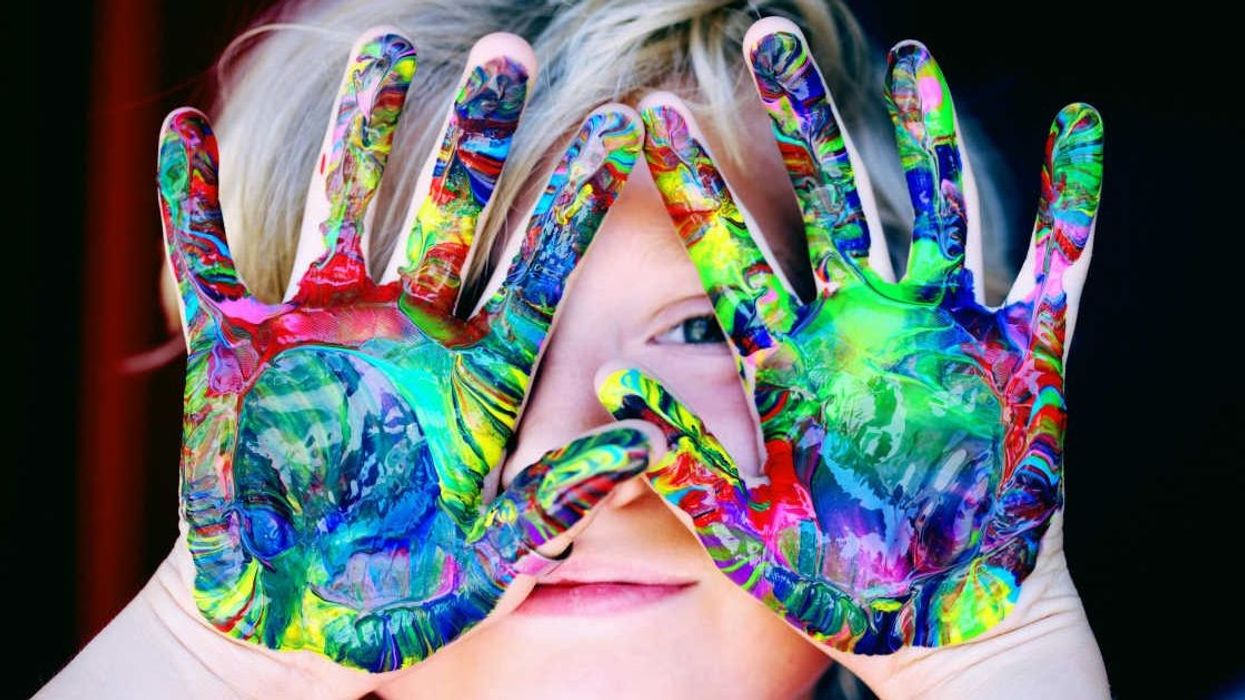

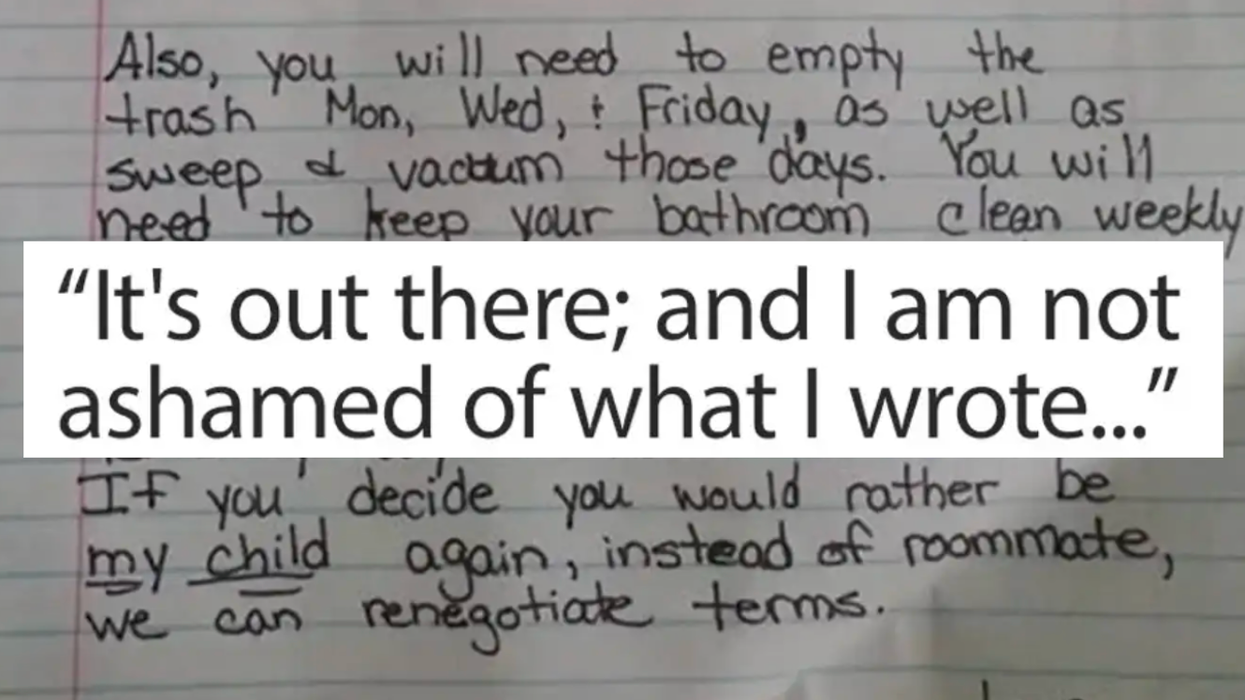
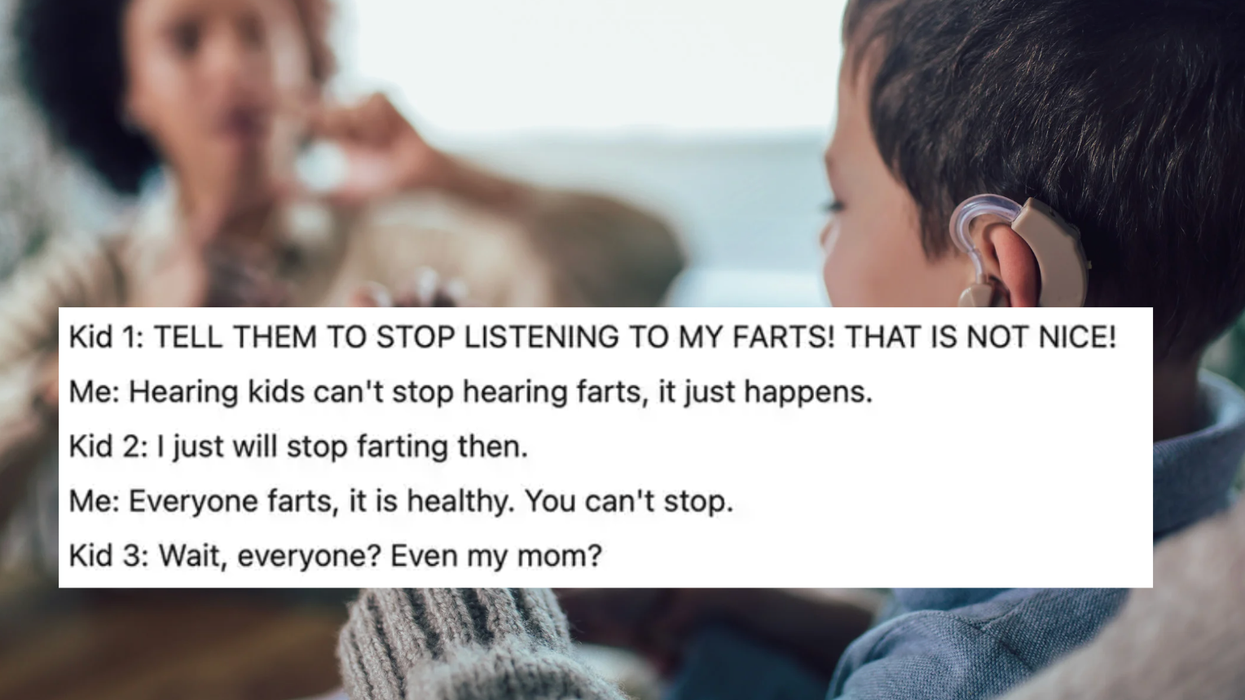







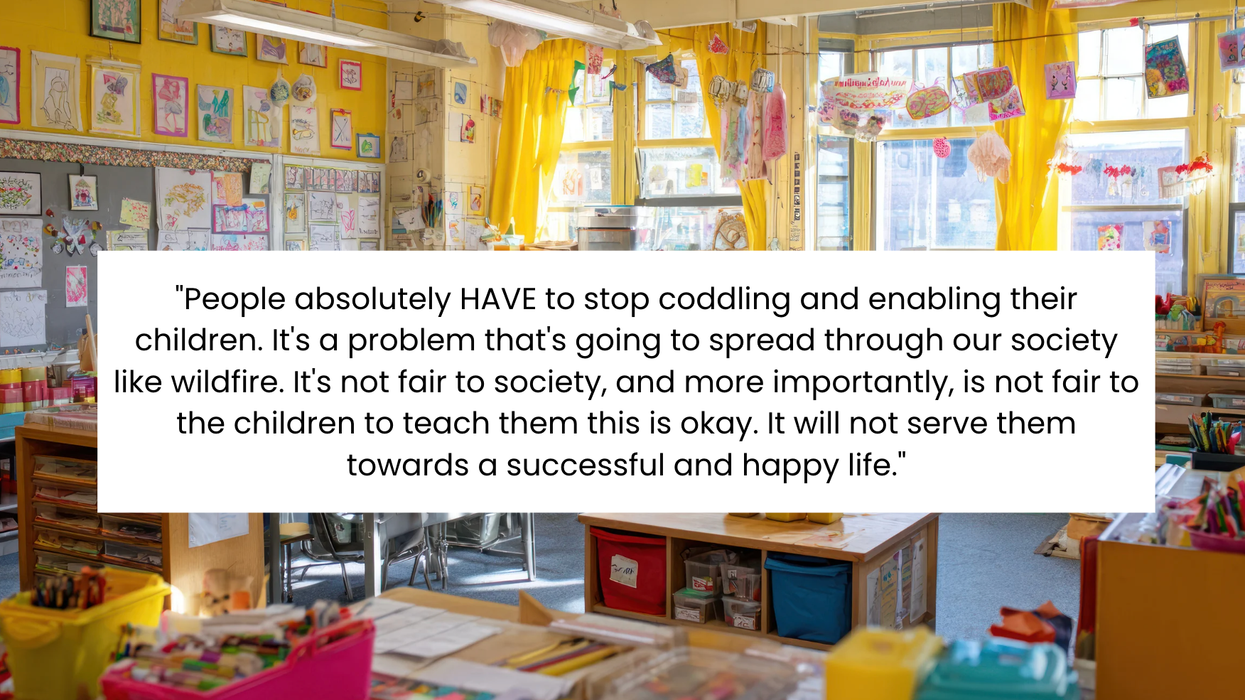
 A real estate agent talks with a young coupleCanva
A real estate agent talks with a young coupleCanva A frustrated school teacher takes a breakCanva
A frustrated school teacher takes a breakCanva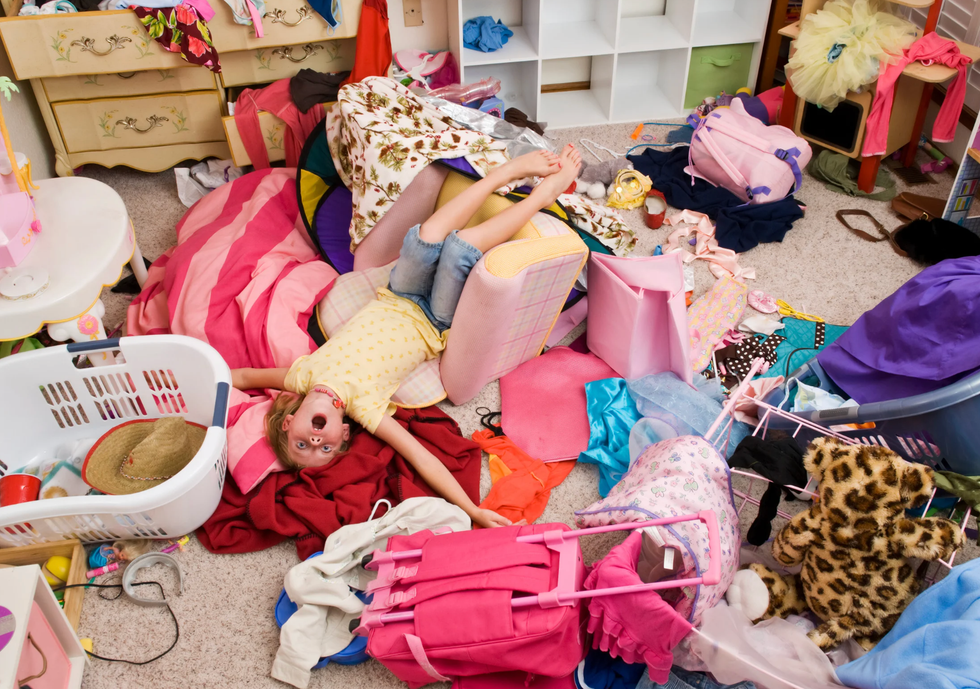 A young girl plays around in her messy roomCanva
A young girl plays around in her messy roomCanva
 Image of the floral dress with the risque images circled
Image of the floral dress with the risque images circled 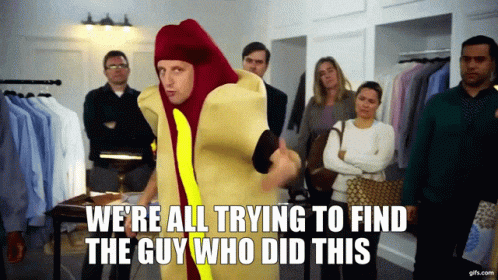 Gif of Tim Robinson via
Gif of Tim Robinson via 


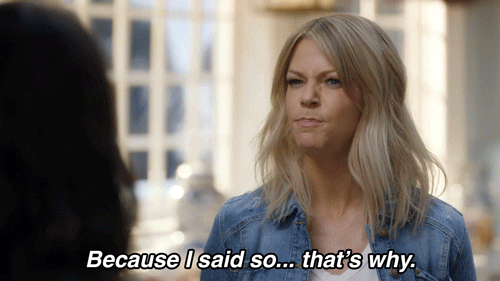 Gif of Kaitlin Olson saying "Because I said so ... that's why" via
Gif of Kaitlin Olson saying "Because I said so ... that's why" via 

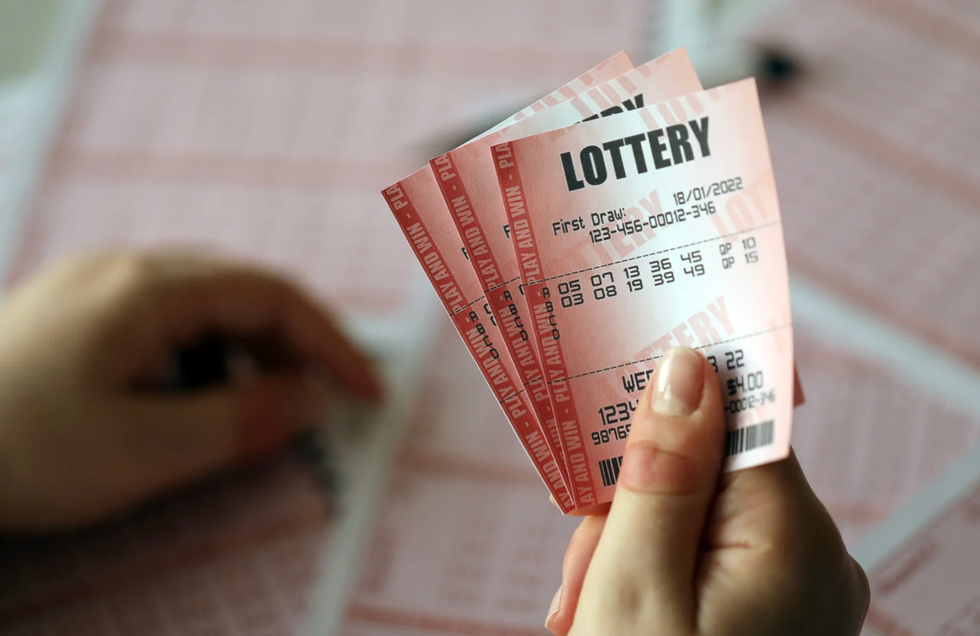 A hand holds several lottery ticketsCanva
A hand holds several lottery ticketsCanva "Simpsons" gif of newscaster winning the lotto via
"Simpsons" gif of newscaster winning the lotto via